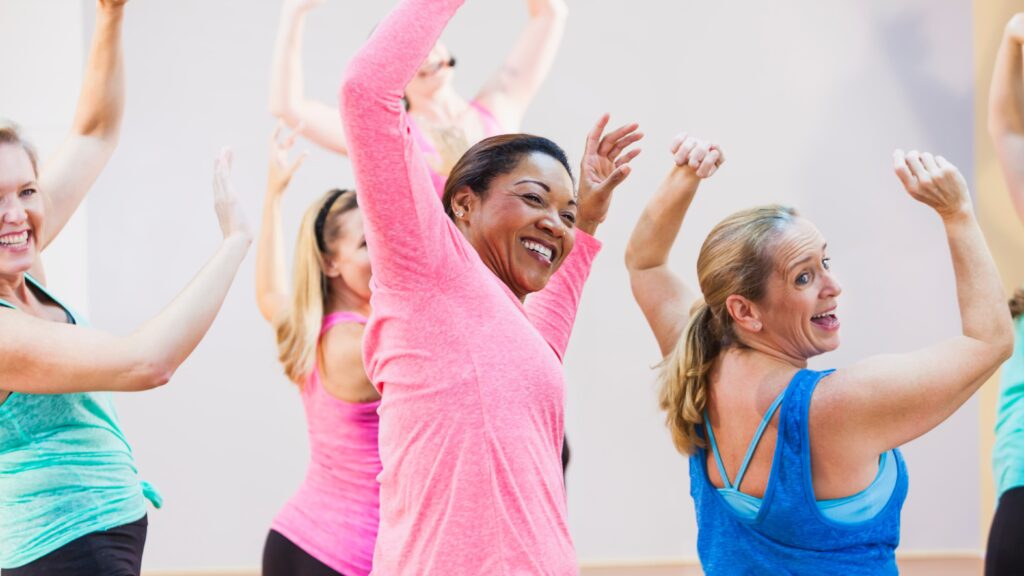
Evidence of the need for OpenActive in the health sector
Increasing access to physical activity opportunities tackles health inequalities and reduces costs to the NHS.
Physical inactivity is currently a leading cause of disease and premature death places a heavy financial burden on the UK. Supporting physical activity opportunity access can tackle the burden of inactivity estimated at £7.9 billion annually on the country, and £0.9 billion on the NHS.
OpenActive aims to improve the interoperability of data so the same data can be used in many different ways.
Improving data interoperability is a priority within NHS digital transformation because it reduces costs across services. Digital transformation is currently a top objective in the NHS and government.
There is evidence that health practitioners need better data on physical activity services.
Research has highlighted (e.g., here, here and here) that referrers (clinicians, link workers, etc.) struggle with understanding local service provision to support physical activity. And in September 2022 research, 57% of GPs in England said that a better understanding of local physical activity opportunities to signpost patients would help them have more/ better quality physical activity conversations.
A 2022 government report agreed that there is “definitely a need to develop improved mapping of the physical activity options available for signposting”.
If OpenActive was rolled out in the health sector, then
OpenActive data could be used to understand and create maps of availability for sports and physical activity.
This oversight can be within specific local areas to create centralised access to services (for example OpenActive is used in MCR Active initiative which is currently in development in Manchester). It could also be used to map and analyse provision for policy decisions.
There could be better information available for use in the health service and wider community about activity opportunities that will suit specific patient or population groups.
For example, OpenActive can be used to filter which activities are appropriate for pregnant women, or accessible sports opportunities.
A higher uptake of sports and activity opportunities could be achieved.
Efforts could particularly target those in specific demographic groups who currently are underserved by sport and activity provision, as part of social prescribing and self-referral schemes.
Steps to get there
High level support from policy makers is required for data sharing due to the need for collaborative efforts to bring down costs.
Supporting data standards initiatives at scale is recommended per the UK’s National Data Strategy.
For example, the NHS could support the use of OpenActive data feeds for all referral data flows for physical activity, which includes supporting efforts to open more data. OpenActive data can be included in the OpenReferral data currently planned for use in NHS social prescribing, so this fits the current direction of travel.
Targeting organisations to open their data as part of the effort to build referral services.
Plans to target types of organisations to open their data should be costed and funded appropriately. This may include encouraging the use of particular extensions to the data standard like those related to accessibility (depending on the information needs of the target group).
Creating or improving tools using OpenActive data to support groups of people/patient groups.
For example, Every Body Moves is a platform that is used to filter data about opportunities, so that individuals can find activities that suit their accessibility needs.
What to do
- If you are a policy maker working on health and social prescribing and would like further evidence and information on how to achieve the benefits of OpenActive or how to support it, please be in touch with [email protected].
- If you are a service provider looking to open your data in the OpenActive format, and add data about your activities to the vast OpenActive activity feed, you can visit this web page to learn more about how to publish.